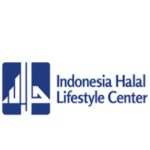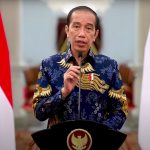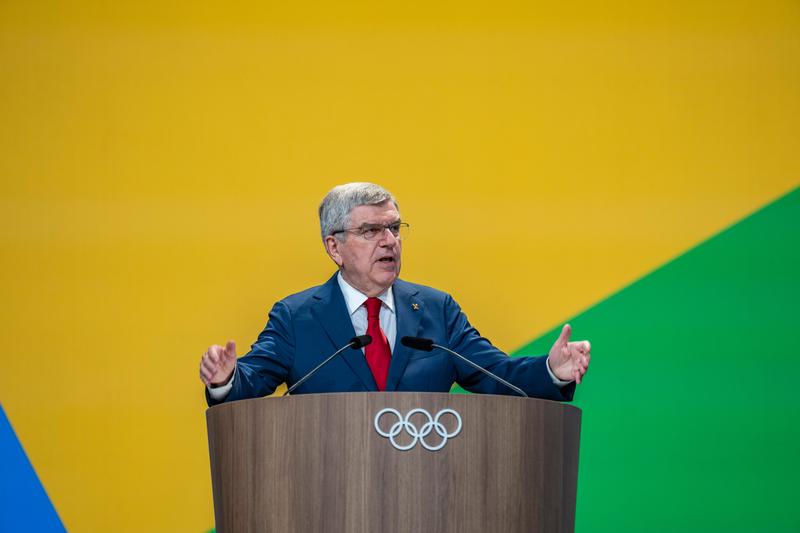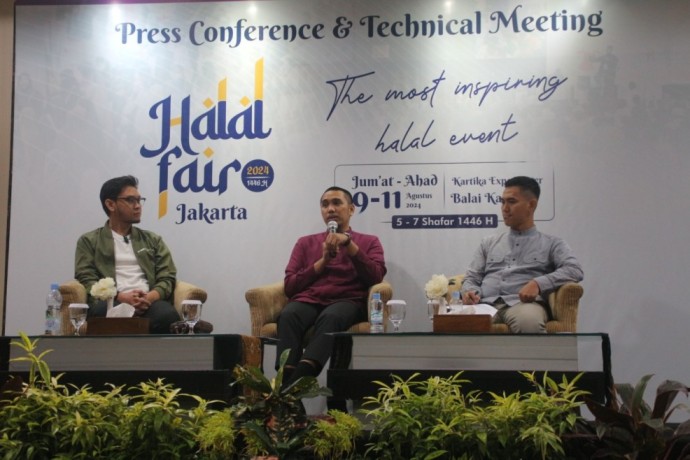USAID partners with six private hospital networks in Indonesia to fight TB
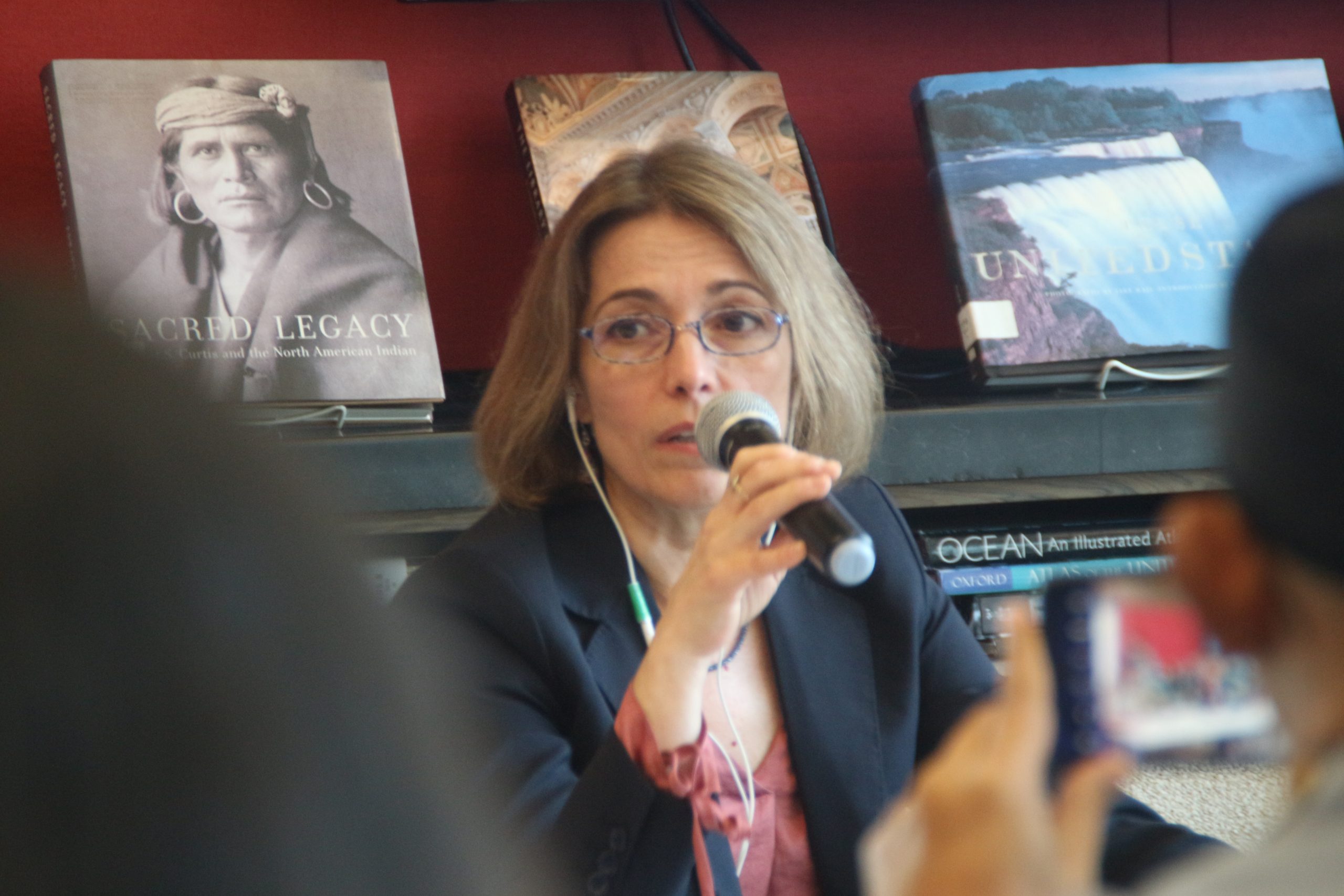
Private hospitals in Indonesia is partnering with USAID in an effort to fight tuberculosis (TB) in the country, starting with early screening to medical treatment.
Jakarta (Indonesia Window) – The United States Agency for International Development (USAID) has partnered with six private hospital networks in Indonesia in an effort to fight tuberculosis (TBC) in the country.
The six private hospital networks are Hermina, Mitra Keluarga, Muhammadiyah, Pertamedika, Primaya, and Siloam, the Director of the USAID Health Office, Eni Martin, told a press briefing the United States Embassy in Jakarta, Monday (March 25), on the occasion of World Tuberculosis Day, specifically regarding the ‘USAID Tuberculosis Program in Indonesia’.
With Muhammadiyah, she continued, 4,000,000 people were successfully screened last year, and this effort succeeded in identifying 16,000 patients. The successful collaboration between USAID and the Muhammadiyah hospital network will be implemented in other hospitals throughout Indonesia.
In addition, together with Muhammadiyah hospital, USAID helped build ten TB treatment service centers at the local level. “Partnering with a private hospital network will reduce the burden on the government,” Martin said.
“In Indonesia, tuberculosis is ranked fourth in the case of deaths, according to data from the World Health Organization (WHO), with the second highest TB burden in the world,” Martin said, adding that there were 1,060,000 new cases discovered in Indonesia, with 134,000 deaths every year.
“This means that there is one person infected with TB every 30 seconds in Indonesia,” she noted.
According to her, one of the main challenges in preventing and treating TB is the TB bacteria strain that are resistant to medicines. “If the bacterial strain is resistant to TB drugs, then the drugs are no longer effective,” she said.
To face this challenge, she continued, USAID plans to provide tuberculosis prevention therapy for 145,070 people in the country, that combines high dose isoniazid and high dose rifapentine, at a price 30 percent lower than before. This medicine is given once a week for three months, compared to previous treatment which took up to 11 months.
Another challenge in fighting TB is ensuring that patients undergo complete treatment and are totally cured.
The partnership with Muhammadiyah aimed to empower agents who would help ensure patients complete their treatment processes, she added.
She stressed that TB could definitely be cured because health facilities for early diagnosis of this disease as well as adequate medicines are available and affordable throughout Indonesia.
WHO states that TB is an infectious disease that most often attacks the lungs and spreads through the air when an infected person coughs, sneezes or spits.
About a quarter of the global population is estimated to be infected with TB bacteria. About 5-10 percent of people infected with TB will eventually show symptoms and develop TB disease in their body.
Reporting by Indonesia Window

